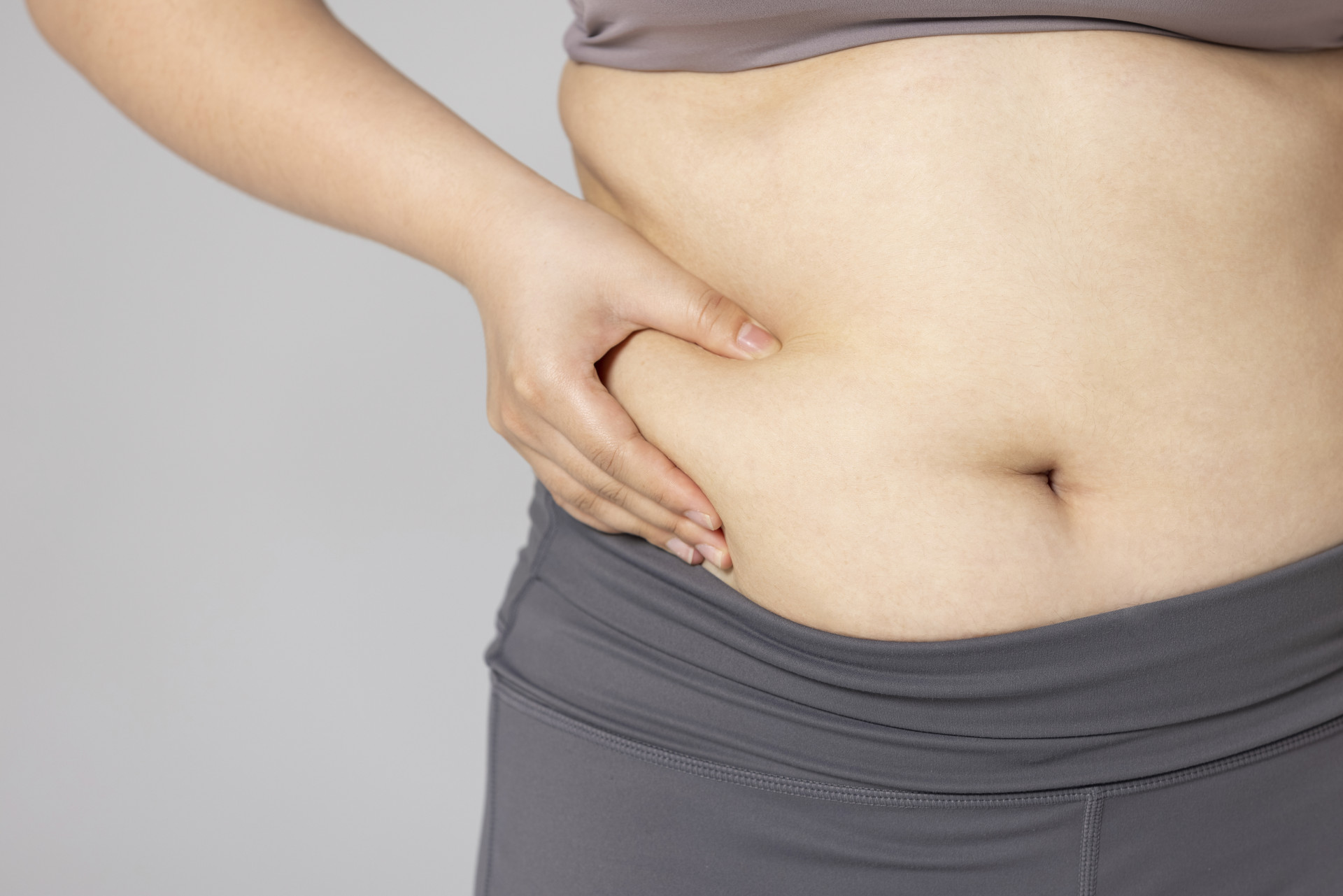Nowadays, it is popular for pregnant women to consume bird's nest. Many pregnant women believe that eating bird's nest during pregnancy will improve the skin of both the mother and baby after childbirth. Bird's nest does indeed have benefits for pregnant women with excessive heat in their bodies. However, every pregnant woman has a different constitution, and it is not suitable for pregnant women with a cold constitution to consume bird's nest. The following are situations in which pregnant women especially need the care of bird's nest.
1. The first three months of pregnancy (0-12 weeks) are called early pregnancy
This stage is a crucial period for the rapid differentiation of the fetus. It can also be said to be the period when the fetus "assembles and forms." Early pregnancy may cause pregnancy reactions, such as dizziness, fatigue, lethargy, and reduced appetite. Some may also have abnormal appetite, picky eating, a preference for sour taste, and aversion to oily and greasy food. During this time, it is important to supplement nutrition. You can try eating bird's nest separately, avoiding spicy and greasy foods during consumption, eating small meals frequently, and eating regularly. It is recommended to consume 3-5 grams of dried bird's nest each time, once a day or every other day. Since the amount of consumption is small, vomiting is generally not a problem. It can be consumed on an empty stomach in the morning and evening. If severe pregnancy reactions occur, it is advisable to consume bird's nest after the reaction period, and engage in outdoor and group activities during the day to distract attention, which can help alleviate the severity of pregnancy reactions and relieve psychological pressure.
2. The period between 13 and 27 weeks of pregnancy is the middle pregnancy.
This is a period when both the mother and the fetus are stable. Early pregnancy reactions disappear, and the mood becomes more pleasant. The belly is not yet too big, and movements are still convenient. The fetus develops rapidly during this period. At this time, bird's nest can be paired with various recipes and delicacies, allowing you to enjoy delicious food while providing fast logistical support for your baby's nutrition. It's a way for one person to eat and two people to benefit. It is recommended to consume 3-5 grams of dried bird's nest each time, once a day. It can be consumed on an empty stomach in the morning and evening.
3. After 28 weeks of pregnancy is late pregnancy.
During this period, it is important to avoid excessive fatigue. When consuming bird's nest at this time, it is advisable not to consume too much salt. It is recommended to consume bird's nest in the morning to avoid fatigue caused by waiting on an empty stomach for too long at night. It is recommended to consume 3-5 grams of dried bird's nest each time, once a day or every other day. After being admitted to the hospital, it is recommended to choose instant bird's nest, consuming 20 to 30 grams each time, to eliminate the need for family members to soak and stew it.
4. Postpartum women
To relieve the fatigue of breastfeeding, regain the slender figure before giving birth, restore stretch marks and suppress postpartum pigmentation. In addition, to ensure sufficient nutrition for milk production, bird's nest is the best natural nourishing food. Good conditioning during this time can eliminate some stubborn diseases and lay a solid foundation for future health. It is recommended to consume 3-5 grams of dried bird's nest each time, once a day. It can be consumed on an empty stomach in the morning and evening.
How should pregnant women consume bird's nest
Nowadays, it is popular for pregnant women to consume bird's nest. Many pregnant women believe that eating bird's nest during pregnancy will improve the skin of both the mother and baby after childbirth. Bird's nest does indeed have benefits for pregnant women with excessive heat in their bodies. However, every pregnant woman has a different constitution, and it is not suitable for pregnant women with a cold constitution to consume bird's nest. The following are situations in which pregnant women especially need the care of bird's nest.
1. Pregnant women in the early stages of pregnancy with severe pregnancy reactions
Symptoms: dizziness, fatigue, lethargy, and reduced appetite. Some may also have abnormal appetite, picky eating, a preference for sour taste, and aversion to oily and greasy food, and frequent vomiting.
2. Pregnant women with pregnancy spots
Symptoms: dry skin, appearance of pregnancy spots in the corners of the eyes
3. Pregnant women with body stretch marks
Symptoms: skin itching on the abdomen, inner thighs, and buttocks, red lines caused by fat rupture
4. Pregnant women easily prone to fatigue
Symptoms: weakness, low spirits, easily tired, and drowsiness
5. Pregnant women with calcium deficiency
Symptoms: leg cramps, easy fatigue, whitening of nails, disappearance of moons
6. Pregnant women who are obese but have a small baby
Symptoms: the weight of the pregnant woman keeps increasing, but the growth and development of the fetus in the abdomen is not ideal
7. Pregnant women preparing for cesarean section
Symptoms: Cesarean section can be more exhausting for pregnant women, and it requires higher physical fitness
8. Postpartum women who breastfeed
Symptoms: Ensuring the recovery of the mother's body and providing dual protection of nutrition for both the adult and the child
9. Postpartum women who are obese and have poor abdominal recovery
Symptoms: The abdomen is still relatively large, and the weight is continuously increasing.











